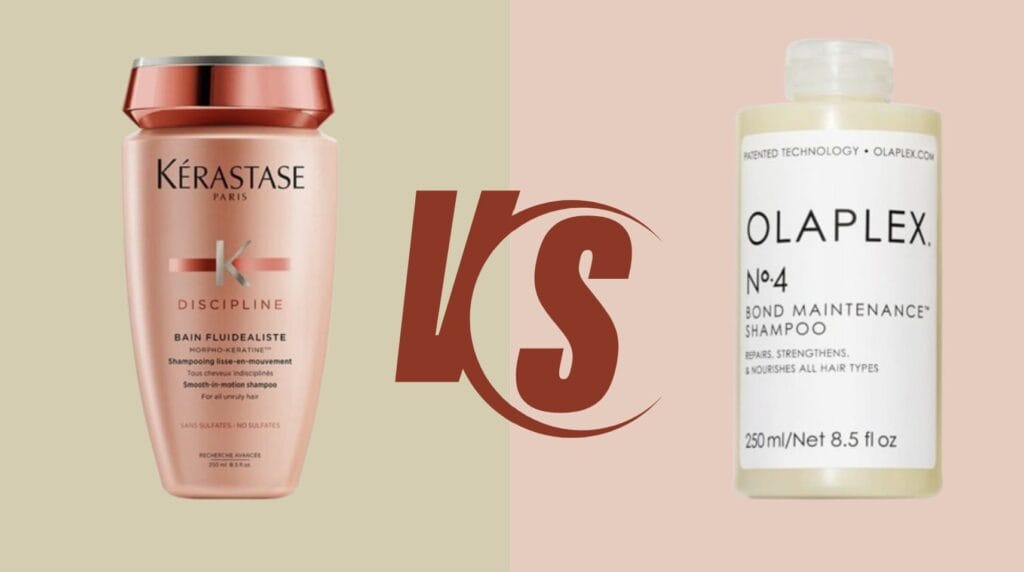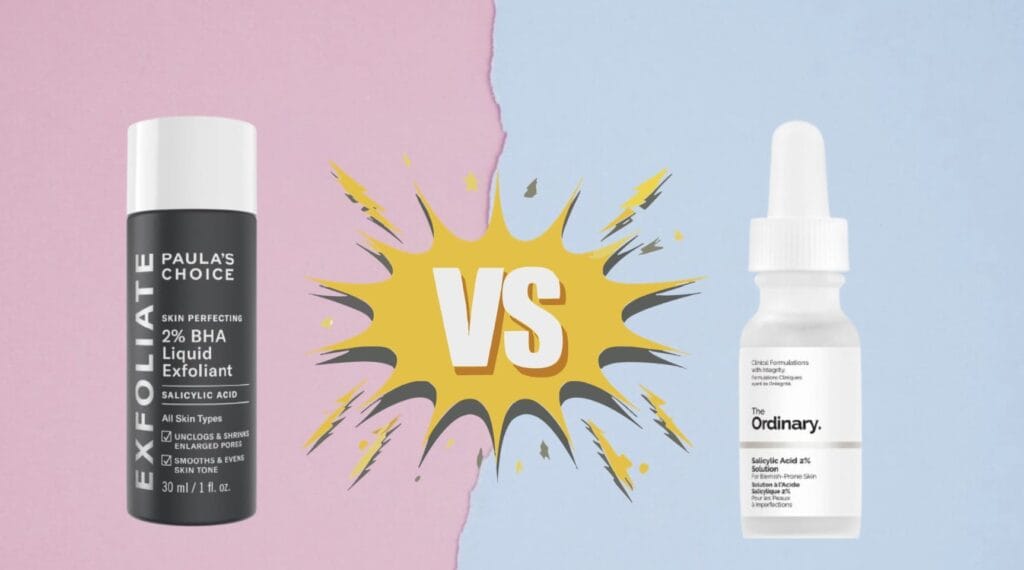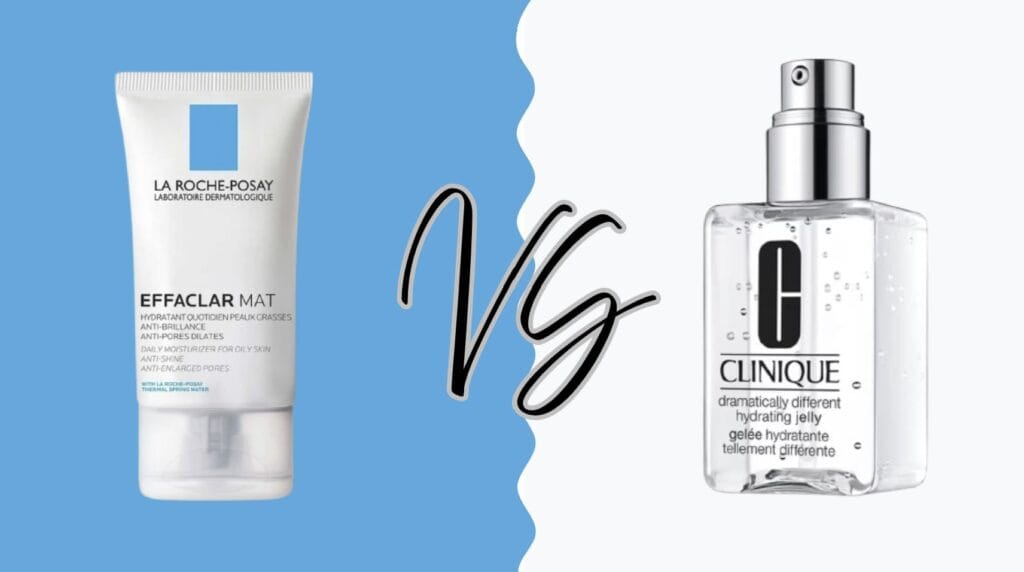You probably found yourself torn between CeraVe vs Cetaphil if you have sensitive skin and have been on the hunt for the best facial cleanser for sensitive skin.
Selecting a facial cleanser when you have sensitive skin feels about as tasking as building a needle inside a haystack. What you’re after is something gentle but hardworking, hydrating but cleansing, and — most importantly — what your skin will be happy with without any flare-ups. Which is why the CeraVe vs Cetaphil debate is so hotly contested among skincare fanatics and beginners as well. Both brands receive rave reviews as dermatologist-recommended cleansers, and both have cult followings thanks to their distinct formulas.
Here’s what you need to know about how they work — specifically for those with sensitive skin — as well as how they compare. Both say they are pH-balanced, a critical aspect of keeping your skin’s natural barrier (which protects against dryness, redness, irritation — all major enemies of sensitive skin) in tip-top condition.
In this article, I conduct an honest, detailed comparison of both of these brands to help you decide on the best facial cleansers for sensitive skin from each. We’ll consider their textures, benefits, ingredients, experiences, and more to help you choose the right one for your skincare routine.
Did you know?
The former standouts on top of moisturizers, which is where you most want moisture, and the latter contain a unique blend of ingredients to restore and maintain the skin’s natural moisture barrier: the one thing every sensitive-faced person with a brain tries to protect first.
Quick Comparison Table: CeraVe vs Cetaphil
| Feature | CeraVe Facial Cleanser | Cetaphil Facial Cleanser |
|---|---|---|
| Type | Hydrating and Foaming options | Gentle, non-foaming, creamy |
| Skin Type Suitability | Sensitive, Normal to Dry, Normal to Oily | Very sensitive and dry skin |
| pH Balanced | Yes, around 5.5 | Yes, around 6.0 |
| Key Ingredients | Ceramides, Hyaluronic Acid, Niacinamide | Glycerin, Panthenol, Dimethicone |
| Texture & Feel | Light gel or creamy foam; non-stripping | Creamy, lotion-like, non-foaming |
| Fragrance | Fragrance-free | Fragrance-free |
| Price Range | Moderately priced | Budget-friendly |
| Dermatologist Recommended | Yes – dermatologist-recommended cleanser | Yes – dermatologist-recommended cleanser |
1. ceraVe Hydrating Facial Cleanser
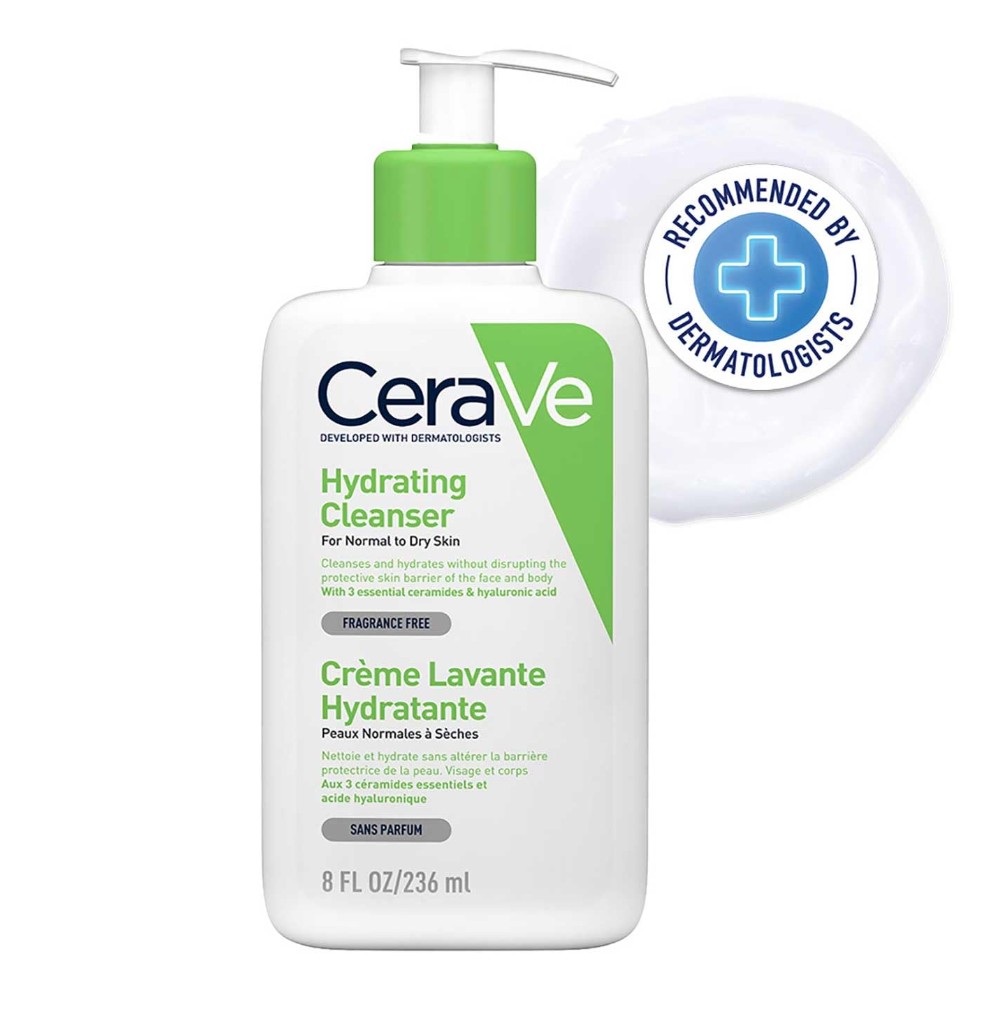
A Overview:
CeraVe facial cleanser has a cult following for a good reason for those with sensitive skin. Formulated with dermatologists, CeraVe is designed to restore your skin barrier and lock in moisture.
Ready to try it? Purchase the Hydrating Facial Cleanser here and provide your skin with the hydration it needs.
Key benefits:
- Restores And Protects: Restores the skin’s barrier and contains provitamin b5.
- Hydration: Made with hyaluronic acid to help retain moisture.
- Gentle Formula: Specially formulated to be non-irritating, even gentle enough for sensitive skin.
- Balanced pH: Helps maintain natural pH of skin.
- Non Comedogenic: Won’t clog pores, can be used by women with acne prone skin.
Texture, Feel & Suitability
The Hydrating Facial Cleanser is a velvety yet refreshing lightweight gel-cream that rinses clean without stripping your face of its natural moisture. Foaming Facial Cleanser foams up a freshly clean scent that rinses away to leave your skin feeling fresh! Both are as soothing and calming as can be, perfect for everyday use on sensitive skin.
Battle Outcome: Pros and Cons
Pros
- Super soft, great for sensitive skin
- Soothing non-foaming & hydrates the skin
- Non fragranced, daily safe
- Non-irritating for all skin types
- It Won’t clog pores
Cons
- It does not always remove heavy makeup well.
- Might feel too basic if you’re looking for more active ingredients.
2. Cetaphil Gentle Skin Cleanser
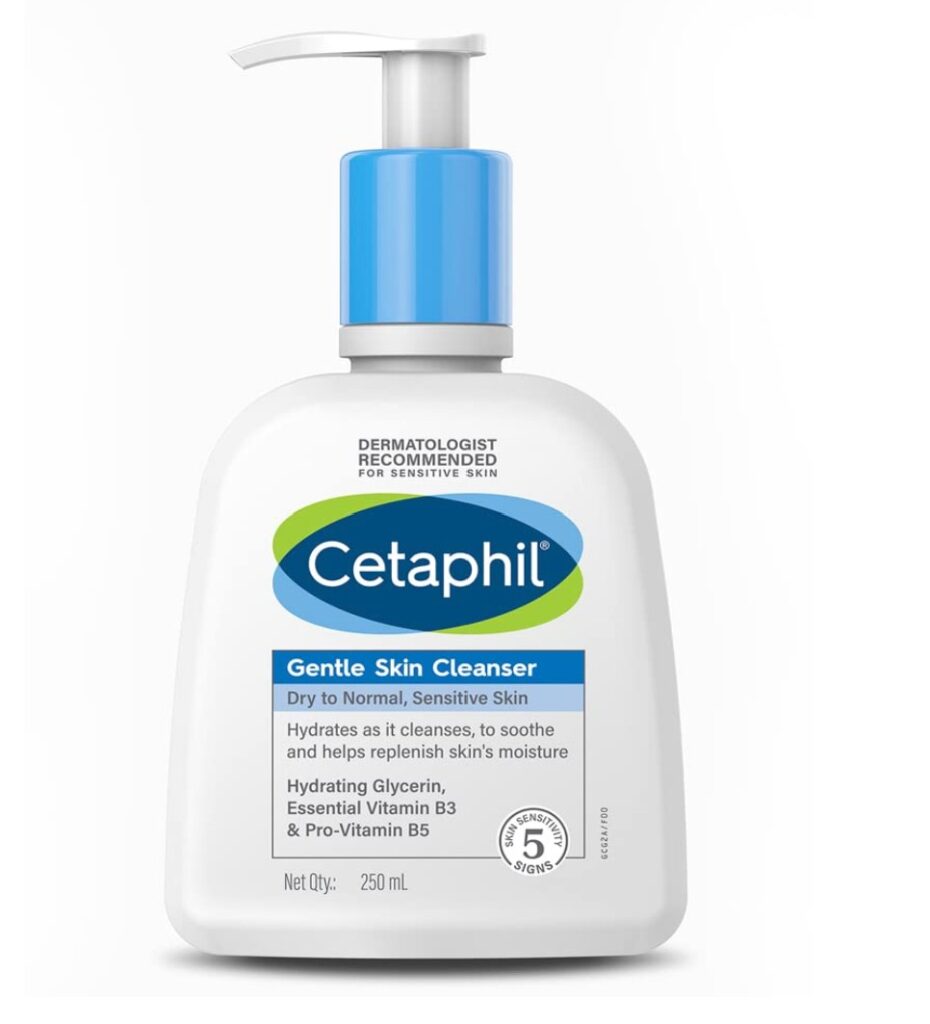
A Overview:
The name that usually comes to mind when we’re talking about sensitive skin cleanser is Cetaphil. The Cetaphil Gentle Skin Cleanser is known for its straightforwardness.
Its kindness is that classic creamy formula that lifts away grime, without sapping skin of moisture. It’s a gentle hero to the ultra sensitive, dry and irritated skin-type.
Need a no-frills, powerhouse cleanser? Buy here.
Key Ingredients:
- Ultra Gentle: Removes more dirt and bacteria than basic soap.
- Hydrating: With added glycerin and panthenol for hydration.
- pH Balanced: Helps maintain skin’s natural barrier.
- Non-Comedogenic: For acne-prone skin types.
- Dermatologist Recommended: Gentle for sensitive skin cleansing.
Texture, Feel & Suitability
The formula is creamy and airy, it has a slick lotion texture. It’s non-foaming and gentle on skin — a great option for anyone with redness, dryness, or irritation. It’s perfect for those with really sensitive or damaged or compromised skin who need gentle TLC, every day.
Battle Outcome: Pros and Cons
Pros
- With hyaluronic acid and key ceramides to hydrate
- Contains no foaming actives and gentle formula that does not strip
- Best for dry and sensitive skin
- Dermatologist tested and fragrance free
- Helps to maintain skin’s natural oil
Cons
- Can feel too moisturizing for oily skin
- It does leave a bit of greasiness, some can find it
Ingredient Spotlight: How They Stack Up
| Ingredient | CeraVe Facial Cleanser | Cetaphil Facial Cleanser | Function |
|---|---|---|---|
| Ceramides | Yes (Ceramide 1, 3, 6-II) | No | Reinforce and restore skin barrier |
| Hyaluronic Acid | Yes | No | Hydrates and retains moisture |
| Niacinamide | Yes | No | Anti-inflammatory, soothes skin |
| Glycerin | Yes | Yes | Humectant, attracts moisture |
| Panthenol (Vitamin B5) | No | Yes | Moisturizes and soothes skin |
| Dimethicone | No | Yes | Skin protectant, smooth texture |
Real Results: How They Perform Side by Side
CeraVe vs Cetaphil CeraVe facial cleanser vs Cetaphil facial cleanser in terms of performance, they both deliver fantastic and work well in cleaning, gently, and not cause any irritation to the skin or disturb its natural balance. Which you apply really depends on what your skin needs. If you also have sensitive skin that skews dry or could use added barrier support, the ceramides and hyaluronic acid in the CeraVe face wash just inch it past as a nourishing pH-friendly cleanser.
Cetaphil is solid cleansing at a pretty low-frills cost, and is the go-to classic for anyone who doesn’t love a foamy texture and is a bit forgetful to scrub twice a day. It is the workhorse standard for basic gentle cleansing, not a miracle product, and if your skin is craving the extra hydration and barrier support that a CeraVe facial cleanser provides, this one could come up short.
Pro Tip: If you typically wear makeup or sunscreen, try double cleansing with the CeraVe facial cleanser foaming version to ensure that buildup is washed away, and then layer on a hydrating serum or moisturizer to seal in moisture.
Real Voices: User Testimonials and Experiences
As someone with sensitive, combination skin, I have personally tested the CeraVe facial cleanser Hydrating and Cetaphil Gentle Skin Cleanser. It’s not so much a showdown of CeraVe in the tub vs Cetaphil, but about which product will work best for your skin on a daily basis. The CeraVe facial cleanser felt like it strengthened my skin barrier while providing a comfortably clean feeling, versus tight. Cetaphil was great for days when my skin felt extra sensitive or bitchy — super gentle and calming, but I had to use a moisturizer afterward as it didn’t moisturize enough.
I have used both Cetaphil and CeraVe facial cleansers on my sensitive dry skin. Cetaphil was uber gentle, but occasionally made my skin feel a little tight. CeraVe’s hydrating cleanser had an immediate impact on the softness and comfort of my skin after a week! Highly recommend for anybody making the switch to a derm recommended cleanser whose looking for the drink that is pH balanced. — Emma R.
“I absolutely loved the foaming CeraVe facial cleanser as someone with acne-prone, sensitive skin. It cleans without stripping yet it even removes my makeup. Cetaphil was good on my off days which reduced my redness but I like Cerave vs Cetaphil for the added ingredients to make my skin barrier stronger.” — David M.
Wrapping Up: Which Cleanser Is Right for You?
Ultimately in the CeraVe vs Cetaphil cleanser debate, it all comes down to what’s best for your skin, and we’re confident that both brands offers some of the best, dermatologist-recommended cleansers. The decision is based on you and your special sensitive skin’s unique needs and desires.
So, if you’re looking for a nourishing pH-balanced cleanser that helps you repair and hydrate your skin barrier with ingredients like ceramides and hyaluronic acid, then the CeraVe facial cleanser is the choice which is not only best for you, but for the health of your skin on various levels.
If, on the other hand, ultra-gentle, non-nonsense cleaning is what your sensitive skin needs, Cetaphil is a classic, no-nonsense option that’s affordable and beloved by millions.
FAQs
For sensitive skin, which is best — CeraVe or Cetaphil?
Both are excellent for sensitive skin, but Cetaphil is typically more gentle and less likely to irritate, especially if your complexion is extremely reactive. CeraVe has ceramides, plus hyaluronic acid, which helps replenish the skin barrier and bring water to the skin.
What is better for acne CeraVe or Cetaphil?
CeraVe may be more effective in acne-prone skin because some formulas contain niacinamide and salicylic acid. Cetaphil’s formulas are simpler, which is preferable for soothing an irritation but may not be as effective in treating breakouts.
Can I use CeraVe and Cetaphil together?
Yes! A lot of folks will wash with Cetaphil cleansers while repairing the skin barrier with CeraVe moisturizers. Only that the same products work for your skin type and your skin needs.

